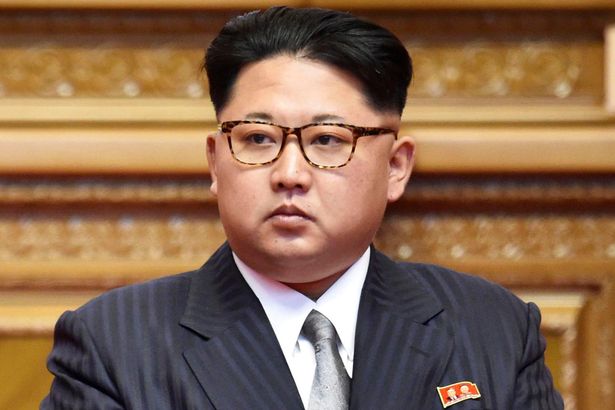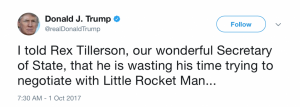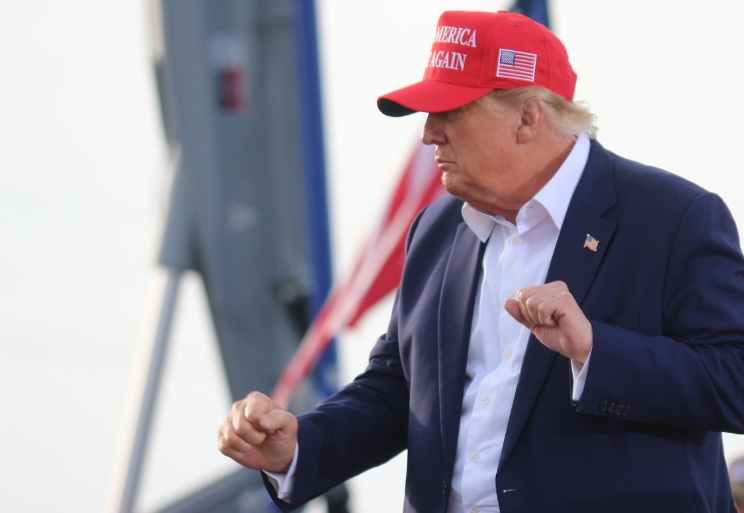It sounds like something out of a sitcom: North Korea, headed by a dictator with delusions of grandeur, conducts a missile test. The President of the United States responds by calling said dictator “rocket man,” scoffing at mention of treaties. This, however, has become the reality of U.S.-North Korea relations. Presidents Donald Trump and Kim Jong-Un, both volatile men with their own agendas, head countries whose values are by nature pitted against each other—democracy versus dictatorship, capitalism versus communism—a confrontation seems imminent. Despite efforts by the United Nations and U.S. political advisors, it does not seem likely that Trump plans on offering an olive branch anytime soon. North Korea and the United States appear to be on an escalating collision course, and the U.S. government must take action immediately if that collision is to be averted.
Primarily, Trump must cease his late-night tweets and angry speeches. Though his antics may seem comedic, Trump plays a dangerous game with the volatile Kim, as Kim may be incensed enough to initiate violence if Trump continues to blatantly insult him. Trump must instead take a diplomatic, professional stance toward North Korea. Trump in particular must be sure to keep his private sentiments to the side in order to further American interests—namely, avoiding a nuclear confrontation, which seems less likely as Kim’s threats against America increase. With two erratic men in charge of some of the world’s most powerful nuclear stockpiles (though the full extent of North Korea’s weaponry is unknown), it only makes sense that diplomacy, and not Twitter tirades, will mend the broken relationship between the nations.
One of the simplest ways to neutralize North Korea’s nuclear presence is to work closely with other countries to ensure that North Korea is contained and will not receive outside assistance. To do this, Trump must encourage China, North Korea’s most important ally, to put pressure on them. This can be done by furthering the United States’ strong relationship with China. Increased economic sanctions would force North Korea to make amends with the greater world, as it is unlikely they can sustain themselves given their agricultural hardships, and would likely force them to a middle ground. The American government should also reach out to powerful European leaders, such as German Chancellor Angela Merkel, to determine how best to neutralize North Korea and even engage in peaceful diplomacy. A nuclear North Korea endangers the entire world, not only America; thus, the rest of the world, especially strong manufacturing nations who could provide North Korea with potentially dangerous materials, must continue to work to appease the country as soon as possible.
One of President Trump’s favorite quips is that, if North Korea were to attack the United States, he would immediately retaliate and obliterate the small country. This worldview, however, does not take into account the danger that countries like South Korea and Japan would face, given their proximity to North Korea—not to mention the extreme loss of life that would result if nuclear war were to break out. Without the formation of a treaty or a neutralization of North Korea’s nuclear power, the name-calling that Trump is engaging in currently could quickly lead to mass murder. When Trump took office, he pledged to protect the United States from outside threats; he must tread carefully where North Korea is concerned in order to make good on that vow.









